The price of console games has gradually increased over time, and it’s not unusual to see both first and third-party games sell for $70 at launch. This higher price point hasn’t been much of an issue for established franchises, as the new Call of Duty titles and the big console exclusives are still selling in droves. But launching at that price is a lot riskier for a game that doesn’t carry a big name to carry it at launch, and the time has come to reign things in.
Related: Will Destiny become a PlayStation exclusive title?
The new standard price point debuted in 2020 when Sony announced that its biggest titles would cost $70 to balance out the increasing cost of producing blockbuster games. The first title to be hit with this high price tag was the remake of Demon’s Souls, and it has become the norm for the PS5 exclusives moving forward, outside of the odd exception like the smaller-scale Marvel’s Spider-Man: Miles Morales. Other developers have followed suit, and the $70 price tag has become typical for big releases on day one. This leads to a situation where more experimental titles suffer in sales compared to ones tied to big franchises, such as when the highly-acclaimed Returnal sold half of what the latest Ratchet & Clank game brought in.
How cost affects established franchises versus new IPs

The higher price tag isn’t as damaging to a game that comes from a big franchise as was the case with the Dead Space and The Last of Us remakes — both cost $70 at launch on consoles, despite their original versions still being playable on modern systems. The price point dominated the discourse surrounding the remakes, especially as their gameplay was nearly identical to their predecessors, but they had the big names to back them up, especially with The Last of Us TV show breaking records on HBO.
Meanwhile, an established franchise isn’t a guarantee of success, especially when it’s bundled with an odd concept. No game better exemplifies this than Marvel’s Midnight Suns, a highly-acclaimed title that had many iconic Marvel heroes on its roster, yet it was a card-based strategy RPG that dealt with the supernatural aspects of the universe rather than the regular superhero fare. As such, Marvel’s Midnight Suns underperformed, and it’s already received steep discounts since its launch, which could have been avoided with a lower launch cost, especially as it was released during the busy holiday season.
One company that recently avoided this issue is Nintendo, following the announcement of Metroid Prime Remastered. Nintendo could have justified pricing it as a full release but put it out for $40 instead. This is seen as an incredible deal by fans, as Metroid Prime is one of the most highly-acclaimed games of all time, and its remaster quickly topped the eShop charts in various regions. If Metroid Prime Remastered had been a $60 game, then that price tag would have haunted the discourse for the game, and there would have been more incentive for customers to wait for a sale — which Nintendo rarely provides with first-party games.
The first-party and third-party price problem

When it comes to the console market, it’s PlayStation owners who suffer the most, as competing companies offer a better deal for the titles locked to their systems, as Microsoft puts all of its first-party exclusives on Game Pass, while Nintendo generally keeps the price of its games lower at launch, at the cost of rarely putting them on sale. The Game Pass model has led to Microsoft greenlighting more experimental titles, like the excellent Pentiment, which might not have been the case if it was expected to hit store shelves. As such, a strange game like Pentiment had the chance to reach a much wider audience than it likely would have as a $40 or $50 release.
The PS5 has had some highly-acclaimed exclusives since its launch, such as Horizon Forbidden West, Gran Turismo 7, and God of War Ragnarok. These games have reportedly sold well, boosted by massive marketing pushes and positive word of mouth. This prestige presentation and attachment to big names have taken the sting out of a high price tag, even if the new games are just as acclaimed as their predecessors on the PS4.
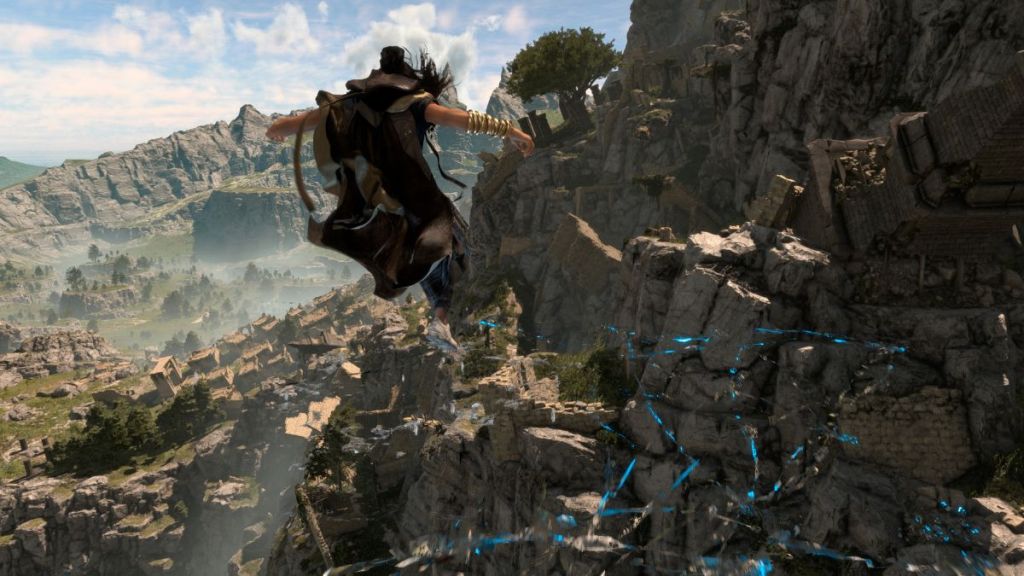
Then there is Forspoken, a Square Enix-published PS5 console exclusive that currently sits at a Metacritic rating of 68% after being dogged by several criticisms since it was announced. The polarizing response means that investing in a copy of Forspoken on day one is a risk, especially as this was also true of the demo, which had fans divided regarding its quality. It’s here where the high price point will be a detriment for many people, especially those who only own the digital PS5, as they can’t even shop around for cheaper physical editions.
If a new PS5 exclusive isn’t the next part of some established franchise or word of mouth is unclear, that hefty price tag will deter many potential customers. This is especially true nowadays when even new titles go on sale quickly, as publishers in the current era often measure a game’s success with its launch sales, as was the case with The Callisto Protocol. If a company invests heavily in a risky property, a poor audience response at launch will view that gamble as a failure and be less likely to attempt something different.
The consumer only has a limited amount of time and money while the new release roster (and their backlog) grows daily, and that lower launch cost is going to make more of a difference when they’re spoiled for choice and on the fence about picking up a new release. Publishers need to lower their prices at launch for their new IPs rather than sending them out to die on the marketplace. Otherwise, we’ll keep seeing companies playing it safe with cookie-cutter sequels and not taking chances with new ideas.

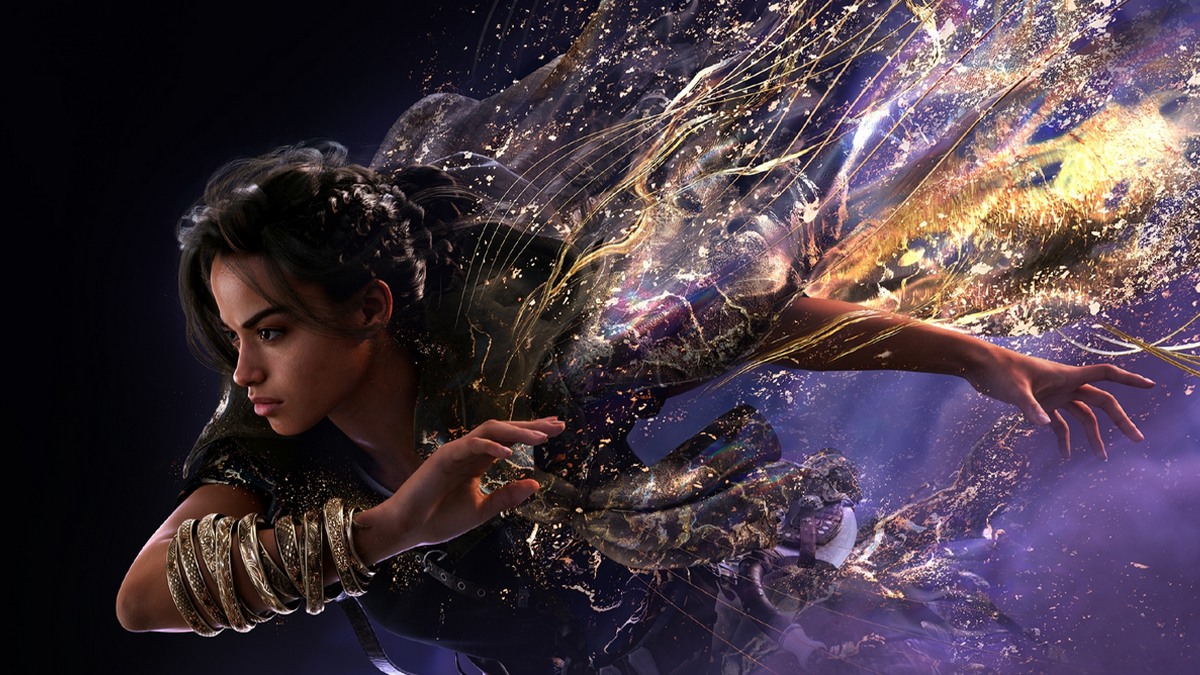
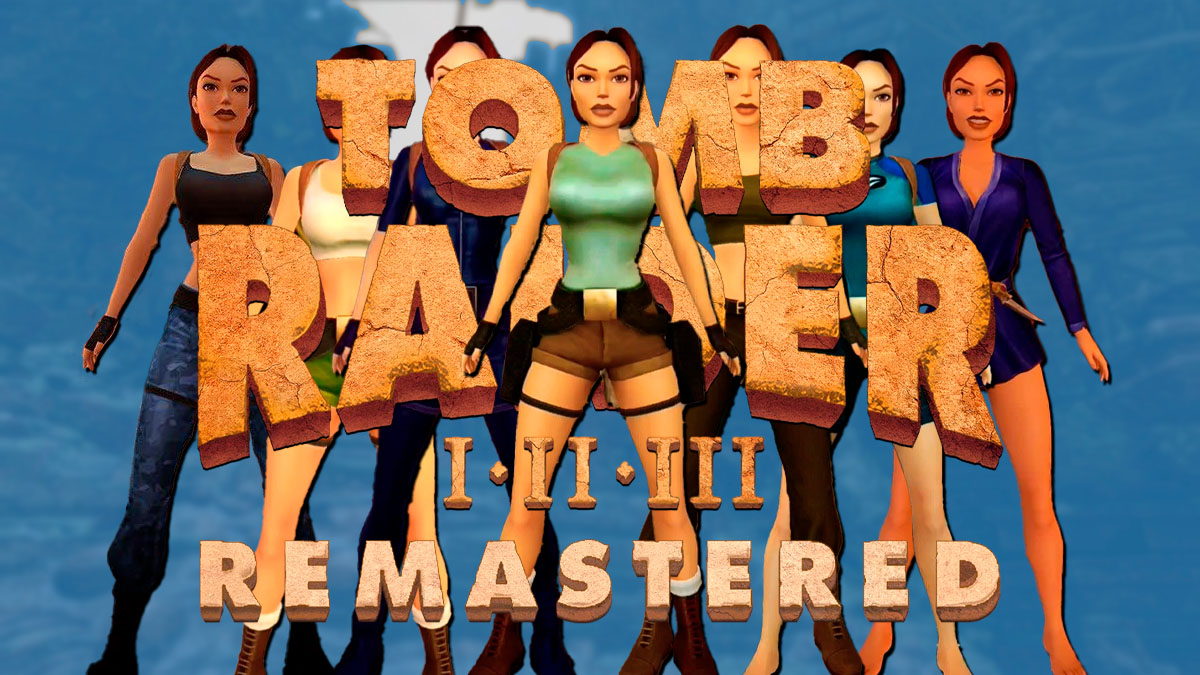
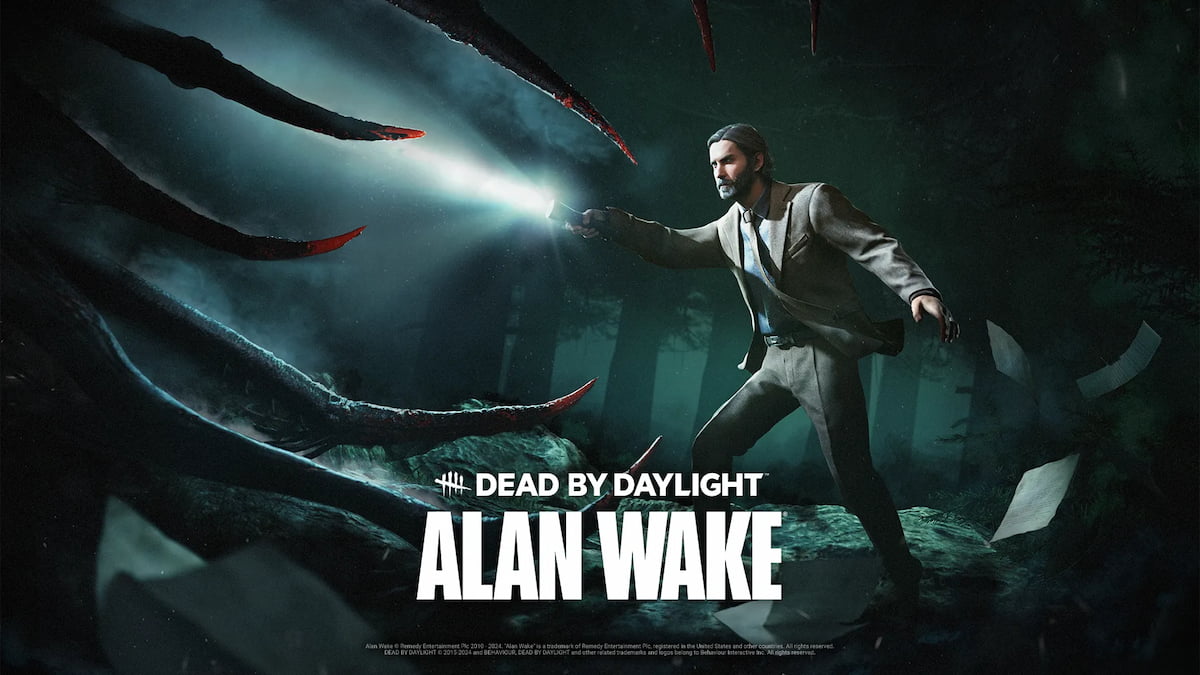
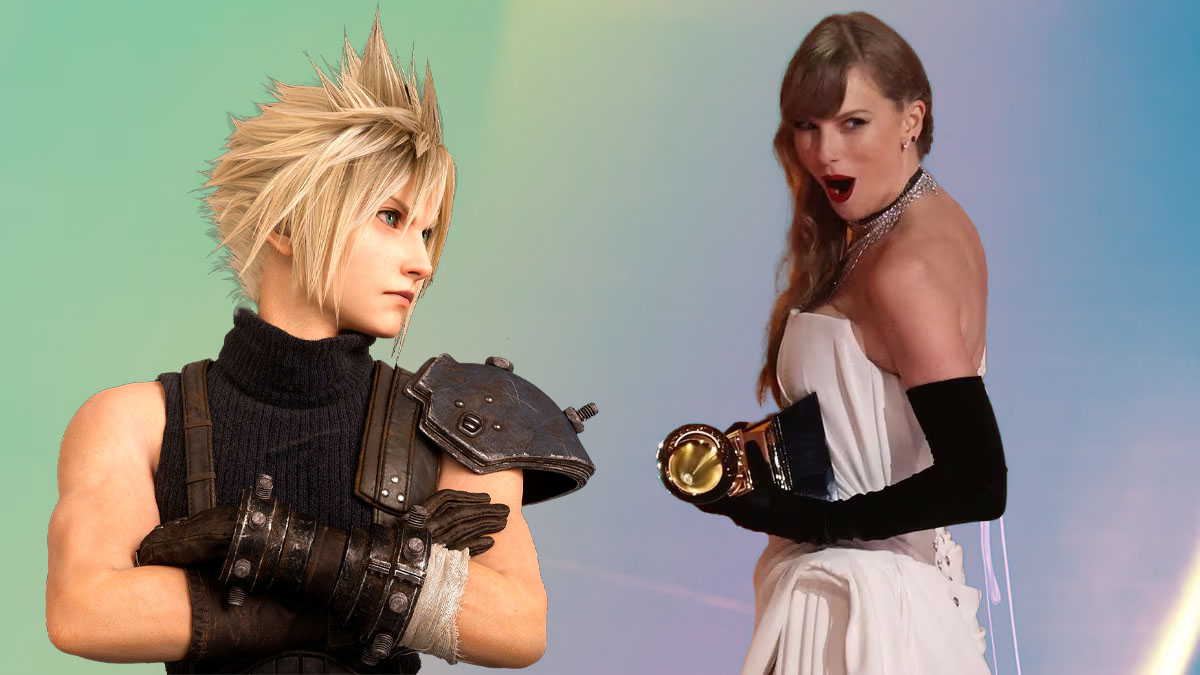

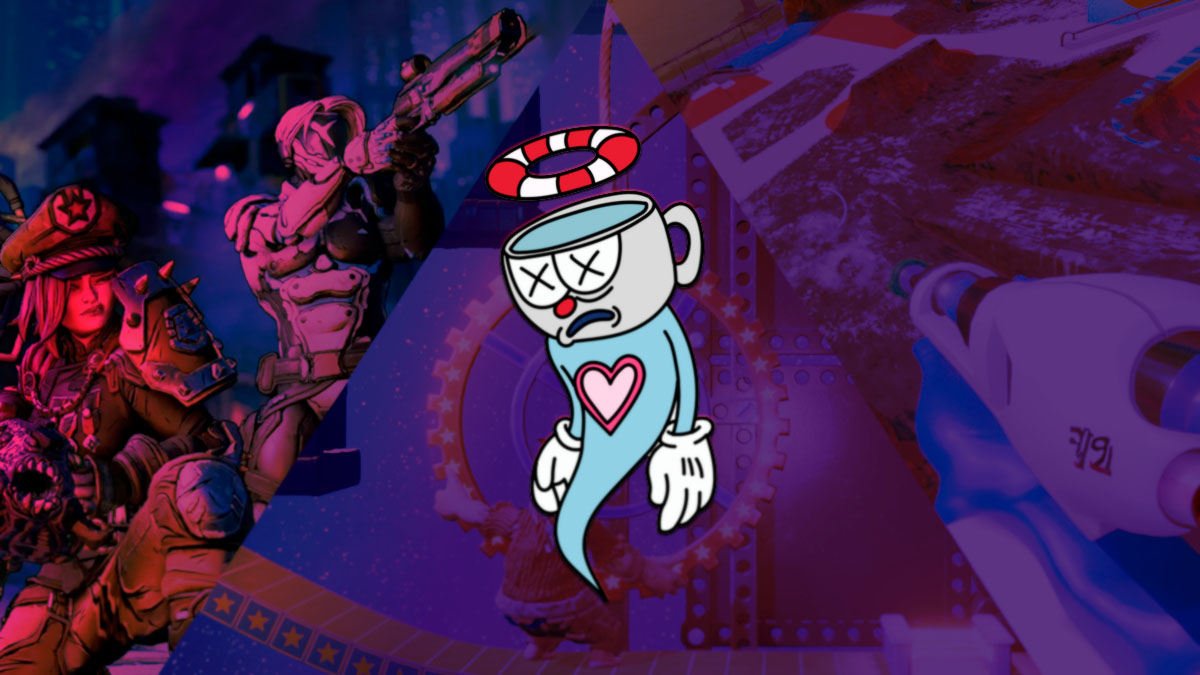
Published: Feb 16, 2023 03:49 pm